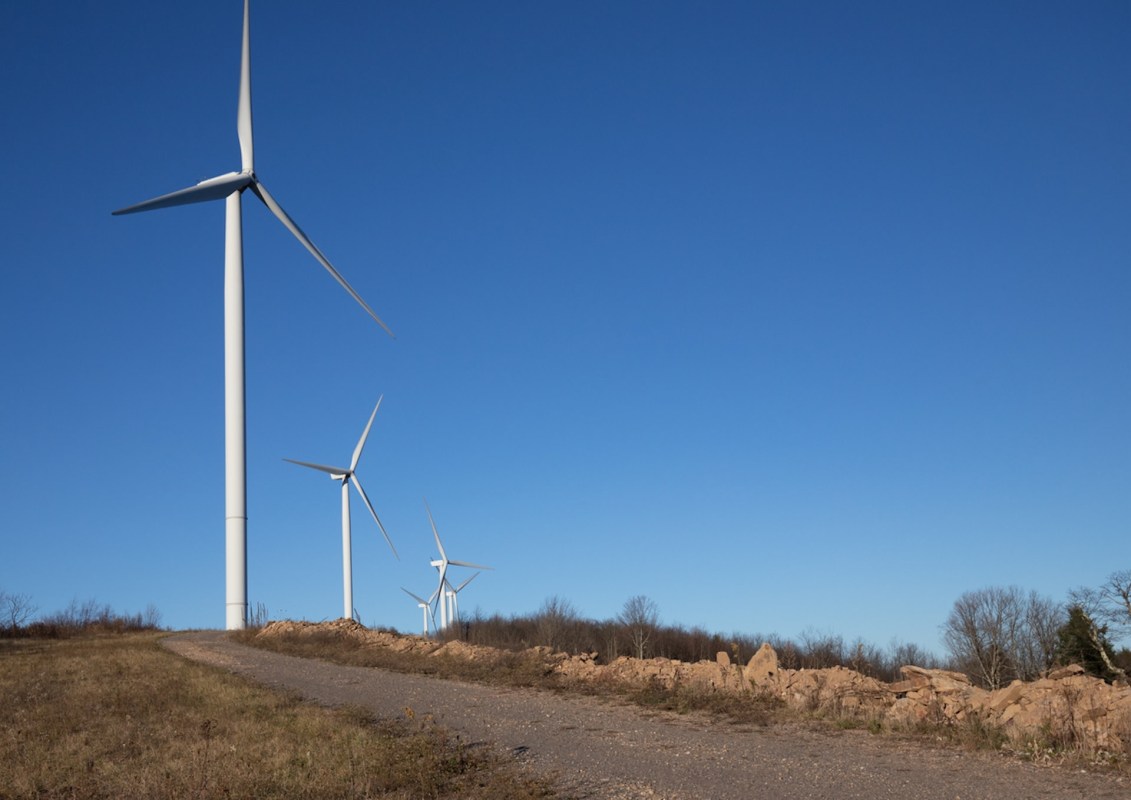Maryland has high hopes of being able to remove as much carbon dioxide from the atmosphere as it puts out by 2045, but experts admit that the transition won't be easy, especially when it comes to making a green future accessible to all.
In 2022, the state's Climate Solutions Now Act called for a 60% reduction in planet-warming gases by 2031 while aiming for carbon neutrality by 2045.
Then, in April 2023, Gov. Wes Moore called for 100% clean energy by 2035, with planned investments in offshore wind energy.
"These are the right goals, but they won't be easy and will be heavy lifts," said Paul G. Pinsky, an environmentalist and former state senator who is directing the efforts, per DelmarvaNow. "We can't keep putting things off because the climate has changed too quickly in the area of weather incidents like wildfires and sea level rise."
Pinsky added that one challenge they face is ensuring that everyone — including communities of color and those of lower socioeconomic status — has the resources to become part of the state's green future.
He outlined several ways they might go about tackling this issue, including underwriting the cost of installing new windows and programmable thermostats to ensure that people who rent have access to energy efficiency that can lower their bills.
The push for equity in Maryland's green plan is in line with Justice40, a federal initiative that mandates that at least 40% of the benefits of certain federal programs, including investments in clean energy and clean transit, go to disadvantaged communities.
There are a number of ways you can make your home more energy and water-efficient — a comprehensive plan for your home could save you more than $30,000 over a decade while cutting up to 154,100 pounds of pollution and conserving 75,300 gallons of water.
Plus, you could get up to $8,000 from the federal government to make your home more energy-efficient. This Inflation Reduction Act calculator can help you get started. You can also make simple changes like upgrading your showerhead, which could save you up to $70 a year, or cleaning your dishwasher to make it more efficient.
Any energy-efficiency improvements you make don't just benefit your wallet — you're also doing a solid for the environment.
"Energy efficiency is the cheapest way to a clean environment," Pinsky said, per DelmarvaNow.
Professor Mark Maslin, Professor of Earth System Science at the University College London, told Forbes, "Energy efficiency is crucial if we are to have a fighting chance of honoring the Paris Agreement of 2015, reaching net zero and keeping climate warming under 1.5°C [2.7 degrees Fahrenheit]."
Join our free newsletter for cool news and actionable info that makes it easy to help yourself while helping the planet.









